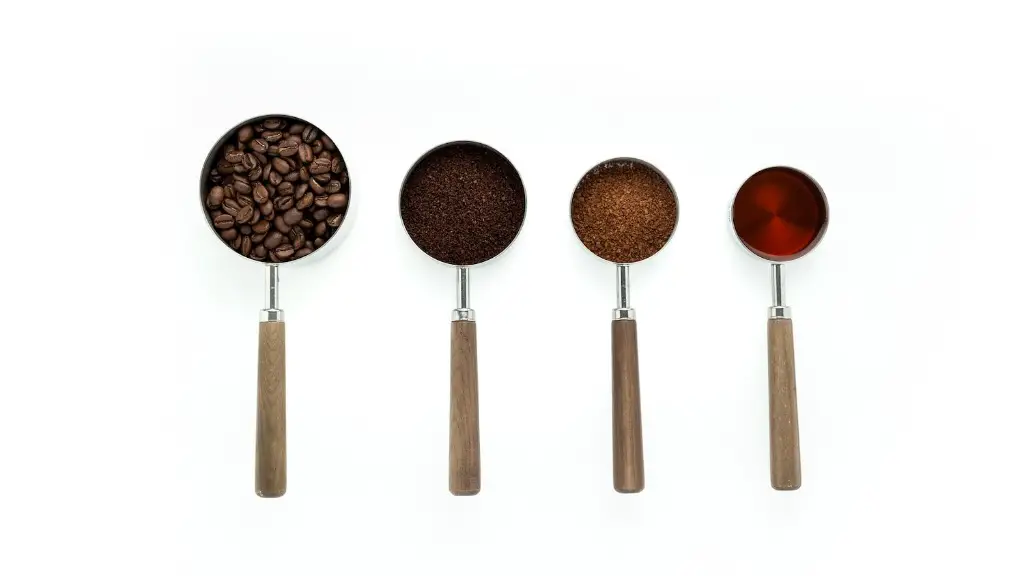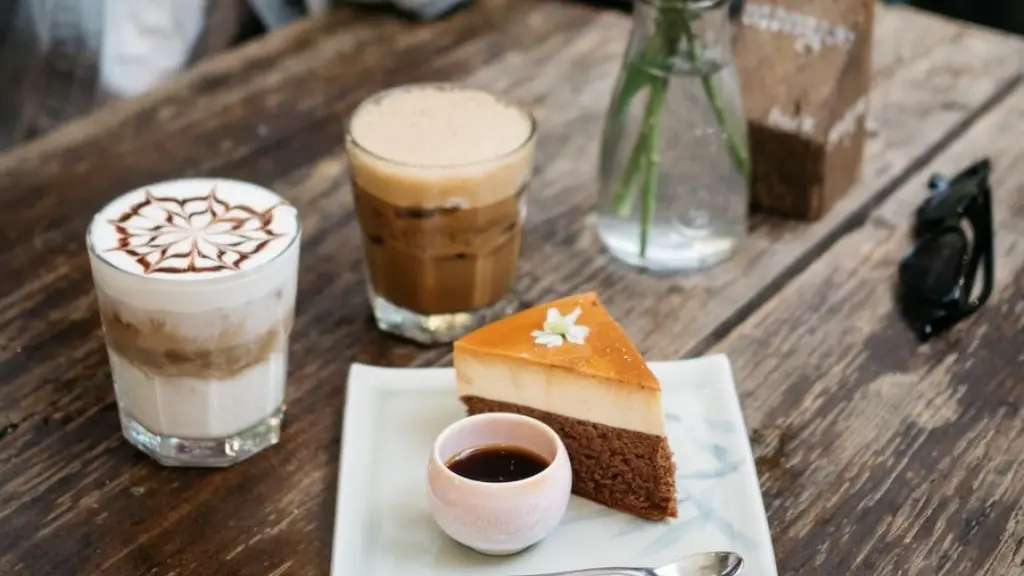What would happen if you combined coffee and allergy medicine? The popularity of coffee has become a near-universal phenomenon, with 84% of Americans consuming at least one cup of coffee a day. At the same time, allergies are becoming increasingly common, with as many as 50 million Americans suffering from some sort of allergic reaction. Given this, it is understandable that many people may be asking, “Can you drink coffee with allergy medicine?”
The answer is not straightforward, as it depends on the specific type of allergy medicine you are taking. It is important to read the label of your particular medication to make sure it is safe to mix the two. As a general rule, people with allergies should consult a doctor before adding any stimulants, such as caffeine, to their medications.
A number of allergy medicines contain ingredients that can interact with caffeine and cause side effects. For example, some allergy medications may make a person more prone to nausea and/or headaches. This can be compounded by the added stimulant of the coffee. In some cases, caffeine can inhibit the effectiveness of the allergy medicine, meaning that the relief it offers will be lessened or diminished in exchange for having had coffee.
Apart from this, there is also the matter of caffeine sensitivity. Many people are allergic or sensitive to caffeine and can experience restlessness, increased agitation, excessive sweating, and an increased heart rate. Therefore, if you are sensitive to caffeine, it is best to avoid drinking coffee with your allergy medicine.
Fortunately, in most cases, the risk may be simply managed. To avoid the risk of any unwanted side effects, you can try drinking decaffeinated coffee. Decaf coffee is generally considered safe and will offer the same benefits of a normal cup of coffee, without the added stimulant or risk of adverse effects.
What Are The Benefits Of Drinking Coffee With Allergy Medicine?
The main benefit of drinking coffee with allergy medicine is the potential to reduce congestion due to allergies. Coffee has been known to be a natural decongestant and may help to provide relief from allergy symptoms, such as a runny nose and sneezing. Drinking a cup of coffee can also boost energy, which is helpful for those experiencing fatigue due to their allergies.
Drinking coffee with allergy medicine can also provide a much-needed pick-me-up. Many allergy medicines tend to make people drowsy, but the stimulant properties of caffeine can counter this. While this is beneficial for some, it is important to consult a doctor before taking this approach, as the caffeine may reduce the effectiveness of the medicine.
Finally, coffee can help to reduce inflammation associated with allergies. This can provide a great deal of relief, especially for those with chronic allergies or allergies that affect the entire body. The tannins in coffee can act as natural anti-inflammatory agents, reducing swelling and irritation in the body.
Should You Drink Coffee With Allergy Medicine?
The answer to whether or not you should drink coffee with allergy medicine depends on several factors, including your individual health and the type of allergy medicine being taken. While it may be beneficial in some cases, there is a risk of adverse effects if caffeine is taken in combination with certain medications.
That being said, it is important to remember that everyone’s body is different and may respond differently to coffee and allergy medicine. Therefore, it is best to consult a doctor or pharmacist before mixing the two to make sure it is safe for you to do so.
What Are the Alternatives To Drinking Coffee With Allergy Medicine?
If the risks of drinking coffee with allergy medicine are too high, there are alternatives that may provide relief from symptoms. For example, using a neti pot or saline nasal spray is a great way to help clear nasal passages and reduce congestion. Hyland’s Homeopathic Allergy Relief tablets are also a viable option for those looking to find some symptom relief.
Additionally, there are a number of herbal remedies that may be beneficial for those with allergies. One of the most popular is stinging nettle, which can be taken as a tea, capsule, or in tincture form. Other herbs that may help to reduce allergy symptoms include horsetail, yerba santa, mullein, elder, and bromelain. Finally, some aromatherapy oils, such as eucalyptus, may provide some relief.
Can You Drink Coffee With Allergy Medicine During Pregnancy?
Pregnant women are often advised to avoid caffeine, as it can increase the risk of miscarriage. While there is no definitive answer to whether you can safely drink coffee with allergy medicine during pregnancy, it is important to speak to your doctor first. He or she can advise you on the best course of action and whether it is safe to combine the two.
In some cases, it may be better to opt for decaffeinated coffee or other alternatives, such as herbal teas. These options can still provide relief from allergy symptoms, without the added risk of adverse effects.
Can You Drink Coffee With Allergy Medicine If You Are Breastfeeding?
Women who are breastfeeding should also be cautious about drinking coffee with allergy medicine. Caffeine does pass through the breast milk and can cause negative side effects, such as fussiness and difficulty sleeping in the baby. It is best to avoid caffeine completely until the baby is weaned off the breast milk.
For relief from allergy symptoms, mothers who are breastfeeding should stick to decaffeinated coffee or other alternatives. Some herbal remedies, such as nettle tea, are considered safe during breastfeeding and can help to reduce congestion in mothers who are suffering from allergies.
What Are The Long-Term Effects Of Drinking Coffee With Allergy Medicine?
The long-term effects of drinking coffee with allergy medicine will depend largely on the individual and the frequency of consumption. In most cases, occasional consumption of coffee with allergy medicine is unlikely to have any lasting effects. However, frequent consumption could potentially lead to increased caffeine tolerance, insomnia, anxiety, and other side effects.
As with all things, moderation is key. To minimize the risk of side effects, it is important to ensure that you are drinking coffee in moderation and are following the instructions on the allergy medication. If you are unsure, speak to your doctor or pharmacist to ensure it is safe to combine the two.




